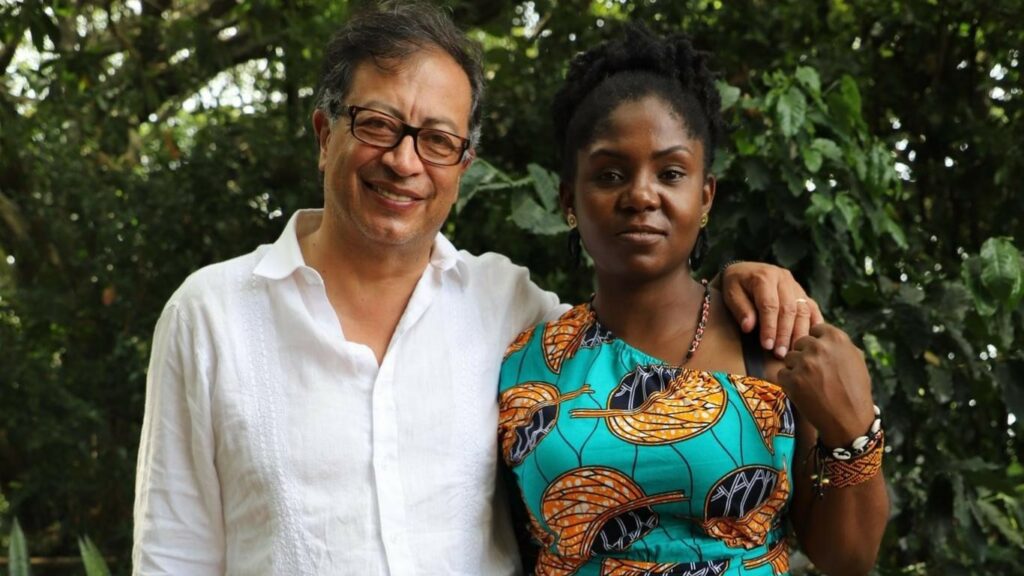The elections for Congress and presidential consultation on March 13 resulted in the victory of the center-left coalition Pacto Histórico, which obtained the largest vote for the upper and lower houses of the legislature. For the first time in Colombia’s history, the alternative sectors are the first force in Congress.
The elections were held to elect the Congress for the period 2022-2026 and to conduct the consultations that would define the presidential candidates of the 3 coalitions in contention. The day was not free of difficulties, such as failures in the web page of the national civil registry office, possible electoral corruption in 8 departments of the country and actions of illegal armed groups to limit the right to vote in the regions of Catatumbo and the Caribbean.
The voter abstention rate remained within the historical average, which fluctuates between 50 and 60%. In the case of these legislative elections, only 45% of those eligible to vote exercised their right to vote. In spite of the abstention rate, the results of the vote count show the new political moment in the country.
Uribism, which has been in power for 20 years, is in crisis. Its political party, the Democratic Center, suffered a collapse in Congress and lost 5 seats in the Senate and 17 in the House of Representatives. Factors such as the discredit of the Public Force, the 73% disapproval of the Duque Government and the loss of the figure of Álvaro Uribe, now immersed in judicial proceedings, all contributed to the decline of Uribism.
At the same time, the alternative sectors are making their way into the representation spaces. The convergence Pacto Histórico has positioned itself as the first political force in Congress, winning 31 seats in the House of Representatives and 20 in the Senate. This victory was possible thanks to the monitoring carried out by thousands of volunteers in the scrutiny, a task on which depended the recognition of close to 400,000 votes that were not registered in favor of the political party.
The results of these elections show a cultural change in Colombia. Francia Márquez, a black woman environmental defender, obtained the second highest vote in the presidential consultations (after Gustavo Petro), beating candidates from traditional parties supported by political machines. It must be noted that the elected Congress has the highest proportion of women in history (30%), and that for the first time a Palenquera woman[1] won a seat in the legislature.
It is likely that, for the first time in the country’s history, the presidential race will be won by a candidate with left-wing affinity. The favorite in the opinion polls is Gustavo Petro, with a voting intention of 37%, twelve points above the second candidate with the highest voting intention, Federico Gutiérrez, of the right-wing coalition “Equipo por Colombia” (Team for Colombia).
The first round of the presidential elections will be next May 29, for a candidate to be elected president it is necessary that he/she obtains half plus one of the total votes; if no candidate achieves such majority, a second round will be held between the two candidates with the highest vote on June 19. Today the progressive forces are closing ranks in Gustavo Petro’s campaign to win the presidency in the first round, otherwise, it will be difficult to beat the right as a block in the second round.
[1]Palenquero communities are descendants of enslaved people who, since the 15th century, rebelled and founded territories they called palenques, where they organize themselves to live independently.
Text: Cloc Colombia
Photo: Gustavo Petro and Francia Márquez by @ecoaneko

